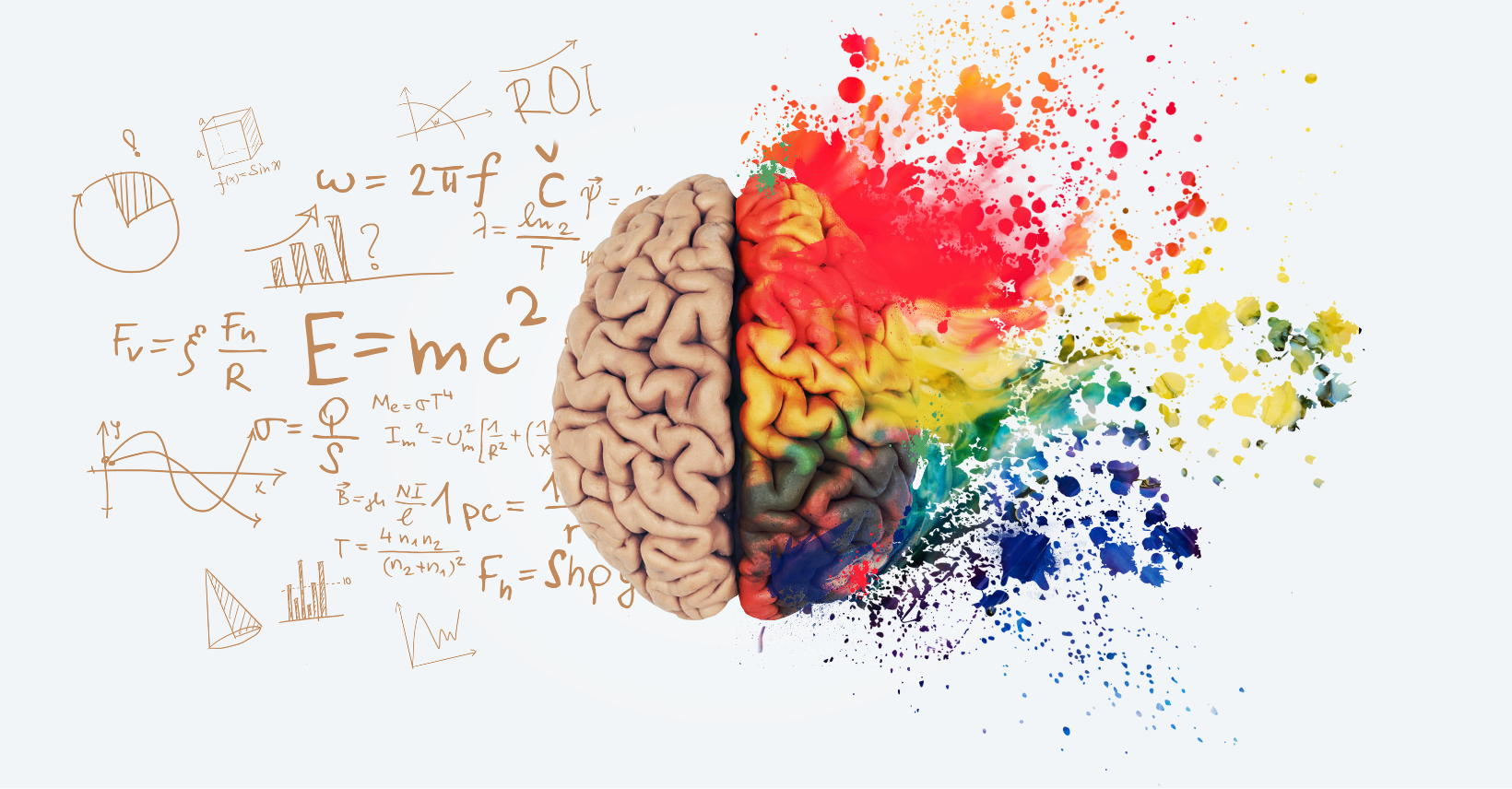The Power Of Play How Games Shape Your Childs Brain

Five Ways Play Changes Your Child S Brain Minds In Bloom Research shows play can improve children's abilities to plan, organize, get along with others and regulate emotions. in addition, play helps with language, math and social skills, and even helps children cope with stress. Discover how different types of play fuel brain development, social skills, and emotional growth in children.

Five Ways Play Changes Your Child S Brain By Cecilia Clark Purple Physical play enhances motor skills and spatial awareness, while pretend play strengthens executive function and emotional understanding. even simple games like hide and seek help develop critical thinking and problem solving abilities. Crossword puzzles, sudoku, word finds, and mazes are great brain teasers to challenge kids at this age. strategy games like go, battleship, or clue help kids build memory skills as they contemplate their next moves and develop mental flexibility in responding to opponents. Research demonstrates that developmentally appropriate play with parents and peers is a singular opportunity to promote the social emotional, cognitive, language, and self regulation skills that build executive function and a prosocial brain. This incredible parenting resource explains that play is a child’s first language, allowing them to express emotions, communicate needs, and explore the world around them. read below to discover the 5 key benefits of play and learn how you can easily incorporate playful parenting techniques at home.

The Brain And The Power Of Play Elaine Blais Research demonstrates that developmentally appropriate play with parents and peers is a singular opportunity to promote the social emotional, cognitive, language, and self regulation skills that build executive function and a prosocial brain. This incredible parenting resource explains that play is a child’s first language, allowing them to express emotions, communicate needs, and explore the world around them. read below to discover the 5 key benefits of play and learn how you can easily incorporate playful parenting techniques at home. Discover how different types of play impact brain development in children, from infancy to school age, and learn strategies to enhance cognitive growth through play. You were so creative in the way you built your tower with more blocks on the first row and just one block on the last row!” by narrating and labeling during play, you help your child develop language to describe their behaviors, build new vocabulary, reinforce concepts like colors, shapes, and actions, and support their emotional awareness. Children naturally play freely and joyfully. they assemble blocks, draw, dance, and run without worrying about rules, criticism, or the “right” way to do things. they are not constrained by fear of failure or judgment. From the earliest stages of childhood, play plays a crucial role in shaping the structure and function of the developing brain. join us on this journey as we uncover the science of play and its far reaching effects on cognitive, emotional, and social development.

Taking Advantage Of The Power Of Play Brainpop Educators Discover how different types of play impact brain development in children, from infancy to school age, and learn strategies to enhance cognitive growth through play. You were so creative in the way you built your tower with more blocks on the first row and just one block on the last row!” by narrating and labeling during play, you help your child develop language to describe their behaviors, build new vocabulary, reinforce concepts like colors, shapes, and actions, and support their emotional awareness. Children naturally play freely and joyfully. they assemble blocks, draw, dance, and run without worrying about rules, criticism, or the “right” way to do things. they are not constrained by fear of failure or judgment. From the earliest stages of childhood, play plays a crucial role in shaping the structure and function of the developing brain. join us on this journey as we uncover the science of play and its far reaching effects on cognitive, emotional, and social development.
Comments are closed.